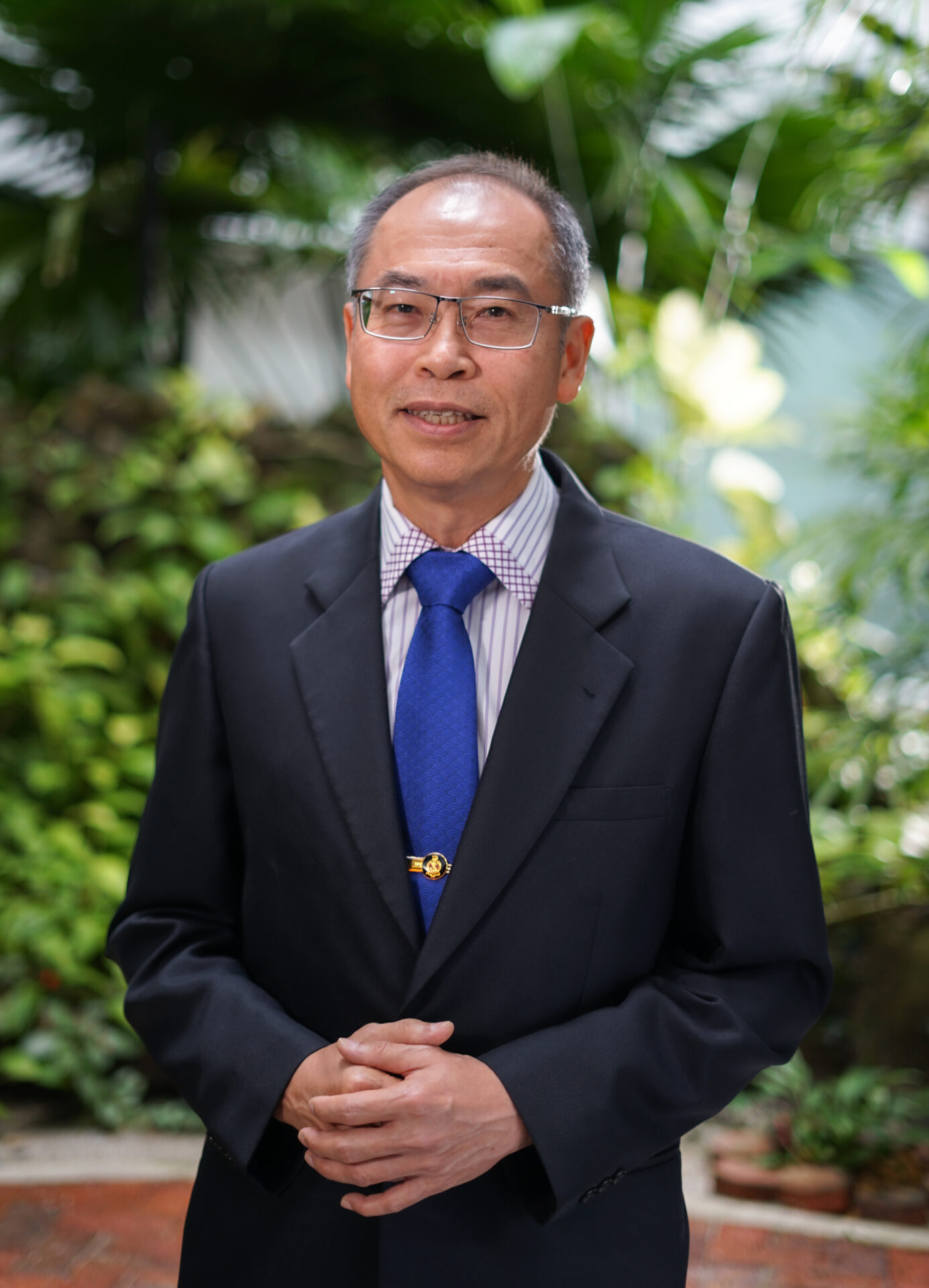
InvestPenang’s Inputs for Budget 2023: Targeted Workforce Initiatives for Sustainable Impacts


Last year (2021), Penang has recorded stellar performance in the approved manufacturing investments, with a record-breaking figure of RM76.2 billion. In the first quarter of this year (2022), Penang clocked in RM6.3 billion of approved manufacturing investments. In Jan 2021 – Mar 2022, the projects garnered are expected to generate more than 20,000 job opportunities in total for the state.
Manufacturing sector aside, the ramp up in the services sector as the borders open up has heightened the need of at least 15,000 workers in the services industry. Against these backdrops, Penang is in dire need of human resource, which is also reflective of the nation’s predicament.
Human capital is crucial for economic growth and socioeconomic development. In order to become a high-income nation driven by advanced technology, we need to put in place concerted efforts to ensure future-ready talent by realigning the labour market and improving the quality of education and training programmes.
Currently, the shortage of human resource cut across all categories – professionals and direct labours, hampering the country’s attractiveness as a preferred destination for investments. Looking ahead, the increased competition in global technology landscape and talent demand will continue dominating the agenda of all nations. To remain relevant in the global value chain, Malaysia needs to be sharp and swift in human capital development programmes, particularly in creating sustainable talent pipeline in the Science, Technology, Engineering, and Mathematics (STEM) areas.
InvestPenang’s input to the Ministry of Finance for Budget 2023 is as follows:
For undergraduates and graduates
1) The financial allocations to Institutions of Higher Learning to be tied to the employability of the graduates that they produced. Having matrices to monitor the employability of university graduates are crucial to ensure the resources invested by government into the education systems are being optimised by producing industry-ready graduates. The high unemployment of our graduates of over 200,000 is both draining the country’s limited human and financial resources. This issue needs to be addressed urgently.
2) Provide human resource subsidies to the private sectors to enrol interns, subject to minimum internship allowance given. Additional incentives could be given to companies which offer undergraduates industrial projects as their university’s final year projects. Through a decent internship allowance, it could serve as a motivation for the university students to explore the career options, understand the fields of interest and to be more prepared in the workplace. At the same time, with subsidies, companies could afford to invest more resources to train the interns, resulting in a win-win situation.
3) Tax relief to be given to parents for children that enrol in STEM courses. A tax relief could serve as an encouragement to parents in guiding their children towards choosing STEM courses.
For Technical and Vocational Education and Training (TVET) students
1) Government to provide matching allowances, covering both tuition fees and living expenses, for companies which sponsor TVET students and offer them full-time jobs upon graduation. Delayed gratification is the key challenge for low enrolment on TVET courses as gig economy provides instant monetary rewards. Hence, providing financial assistance throughout the study, coupled with clear career development plan could attract more youths to enrol in TVET.
2) Tax relief to be given to parents for children that enrols in TVET courses. Such tax relief will serve as an encouragement to parents to encourage their children to opt for TVET courses.
DATO’ SERI LEE KAH CHOON
Special Investment Advisor to the Chief Minister of Penang
